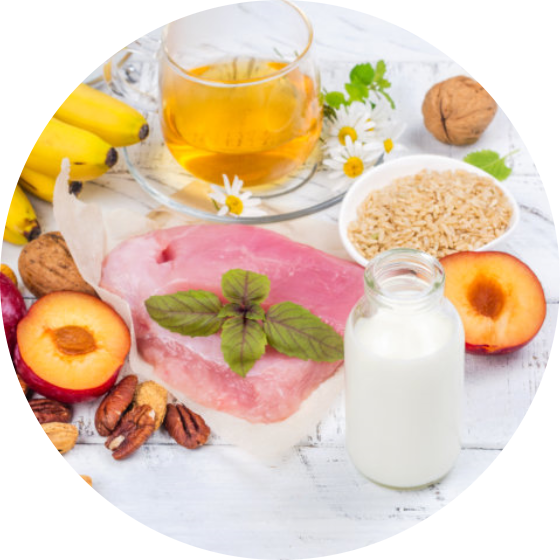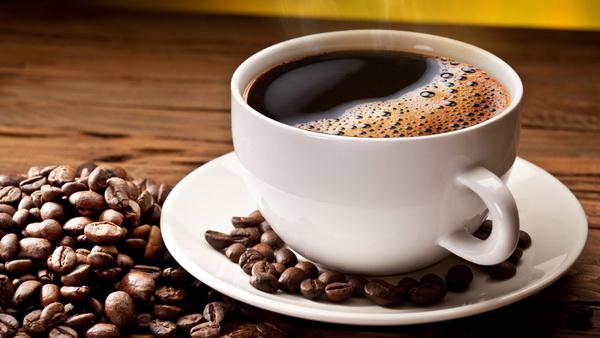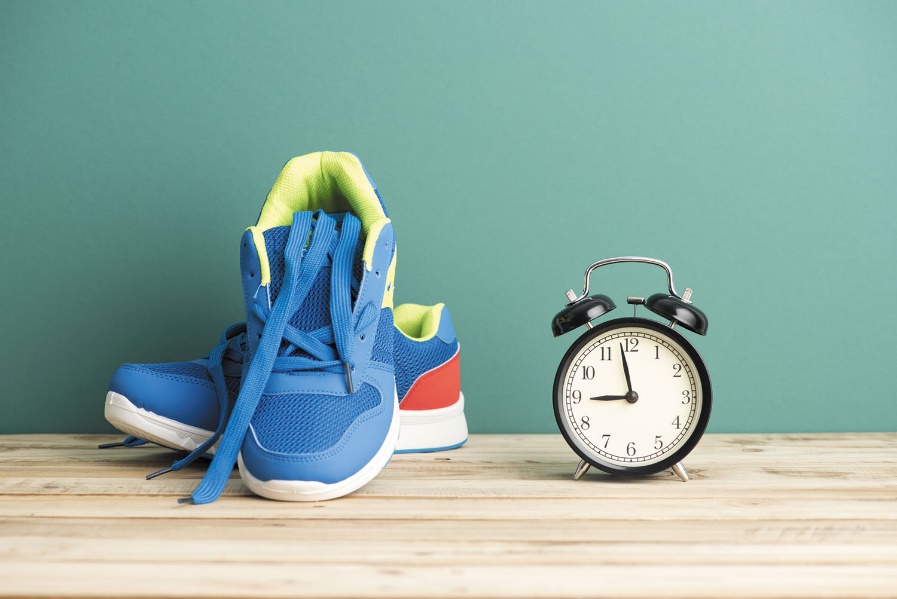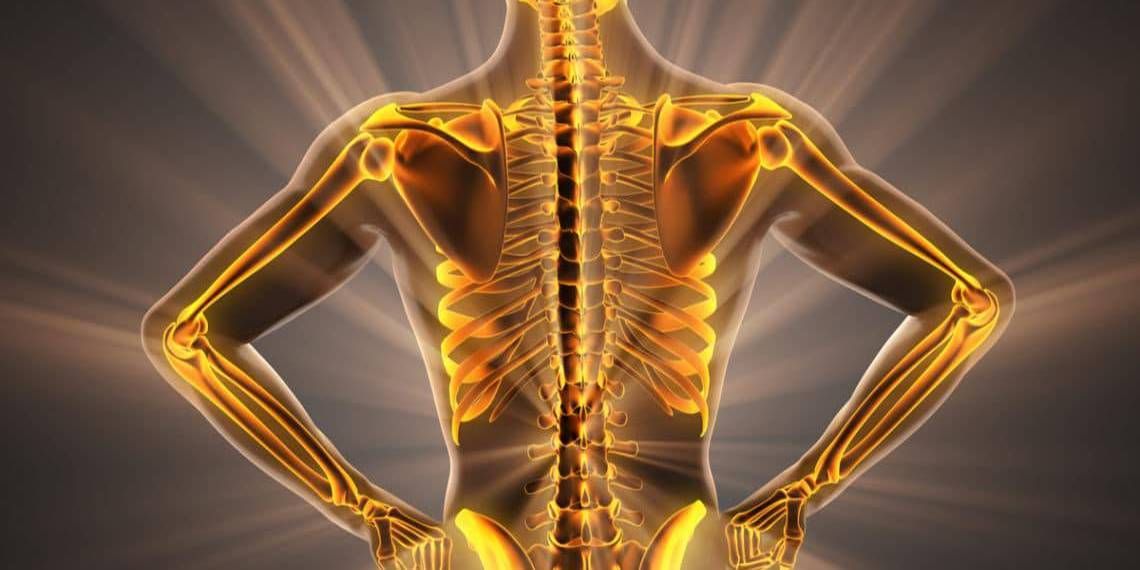The best snack is one that contains complex carbohydrates and protein to optimize tryptophan levels. Proteins help maintain a stable blood sugar level while sleeping and switch the body from alert adrenaline cycle to rest-and-digest mode, while complex carbohydrates increase the availability of tryptophan in the bloodstream. Tryptophan is the amino acid that the body uses to make sleep-inducing serotonin and melatonin, the relaxing neurotransmitters that slow down nerve traffic and stop the brain buzzing.
Do bananas help you sleep?
Bananas are an excellent source of magnesium and potassium which help relax overstressed muscles and make them an ideal go-to snack before bed. They also contain all-important tryptophan to stimulate production of those key brain calming hormones. Eat whole or whizz into a sleep-inducing smoothie.
Other foods to help sleep
Almonds are another winner as they contain magnesium which promotes both sleep and muscle relaxation. They have the added benefit of supplying proteins which help maintain a stable blood sugar level while sleeping and switch the body from alert adrenaline cycle to rest-and-digest mode. Try swapping your afternoon snack to a handful of nuts or mix with milk and honey for a comforting bedtime snack.
Most fish – it contains vitamin B6 which again encourages production of melatonin, the sleep-inducing hormone triggered by darkness.
Chickpeas similarly contain vitamin B6 and are again helpful in aiding restfulness. Team with green leafy vegetables (such as cabbage or spinach) which are also rich in stress reducing calcium.
Low sugar, whole grain cereals are carbohydrate-rich foods that increase the availability of tryptophan in the bloodstream. Tryptophan is the amino acid that the body uses to make sleep-inducing serotonin and melatonin, the relaxing neurotransmitters that slow down nerve traffic and stop the brain buzzing.
Calcium is also known to aid restful sleep which is why a nice warm mug of milk is recommended before bed! It is effective in stress reduction and stabilization of nerve fibers, including those in the brain. If it’s a little nibble you’re hankering after, oatcakes with cheese is a great bedtime snack as it contains complex carbohydrates and protein to optimize tryptophan levels.
The Romans thought that lettuce was good for sleep, but apparently the crème-de-la-crème “sleep sandwich” has to be a banana, marmite and lettuce butty: the banana is an excellent source of magnesium and potassium which help relax overstressed muscles. They also contain all-important tryptophan to stimulate production of those key brain calming hormones. And marmite also contains natural substances that help induce sleep.
Food to avoid before bed
Avoid eating a big meal and spicy food just before bedtime as it can lead to discomfort and indigestion. Research also found that it brought about a change in body temperature which can confuse the brain, as core temperature naturally dips as bedtime approaches.
Go easy on processed high carb (bread, pasta and rice) that cause energy crashes and fatty foods as the stimulated acid production in the stomach can lead to heartburn and indigestion. Remember that excess eating leaves you sleepy.
Even if you know to avoid coffee and strong tea, you might be sabotaging your sleep with sneakier sources of caffeine, like chocolate. Dark chocolate, in particular, can pack a significant punch. If you like to nibble on a square or two for dessert, you’ll probably be fine, but an entire chocolate bar (or two!) could have just as much caffeine as a fizzy drink.
While grapefruit seems a healthy option, avoid before bedtime. Citrus fruits increase the stomach’s acidity causing heartburn and keeping you up at night.
Equally, limit stimulants such as alcohol and caffeine which reduce sleep quality and prevent you feeling rested.
Food for thought!
Source: thesleepcharity.org.uk
Sаntegra’s products Passion Flower GP and Sleemil™ help to improve sleep.








